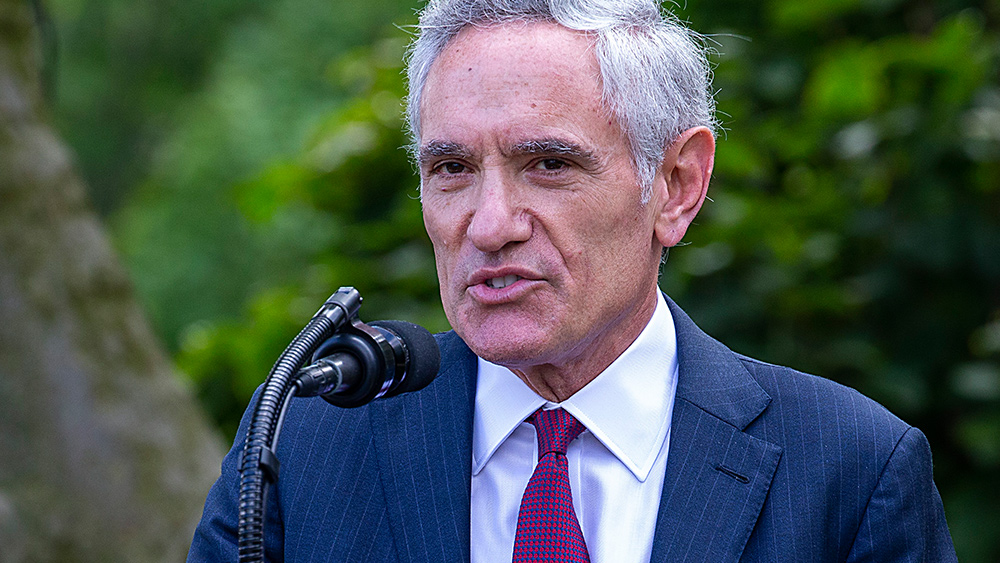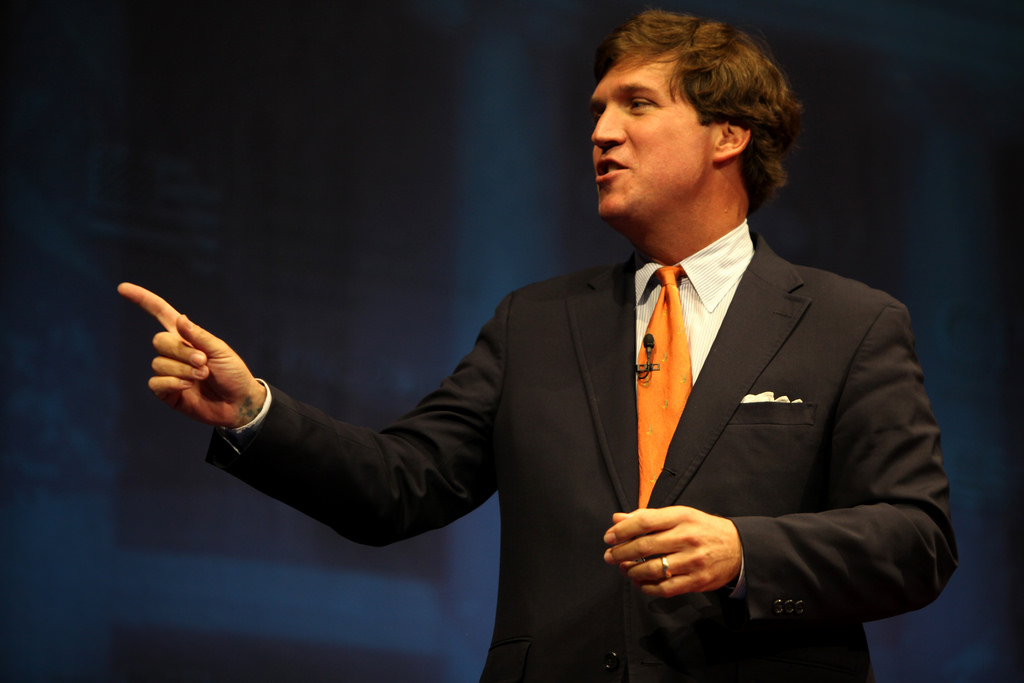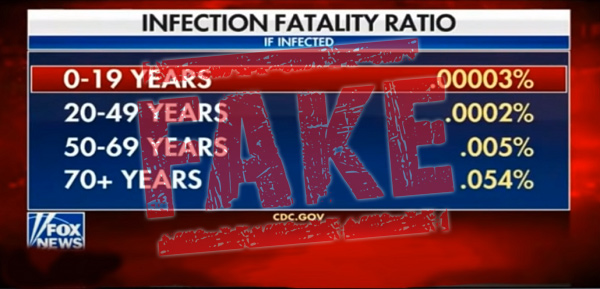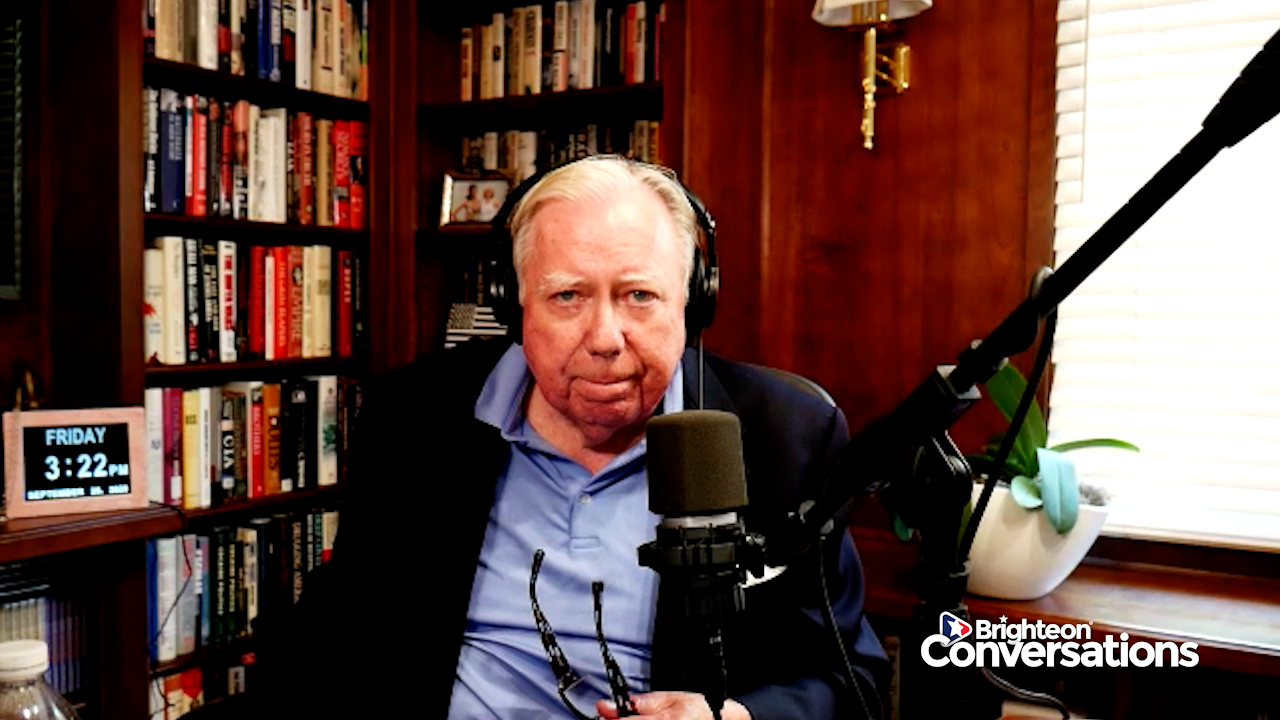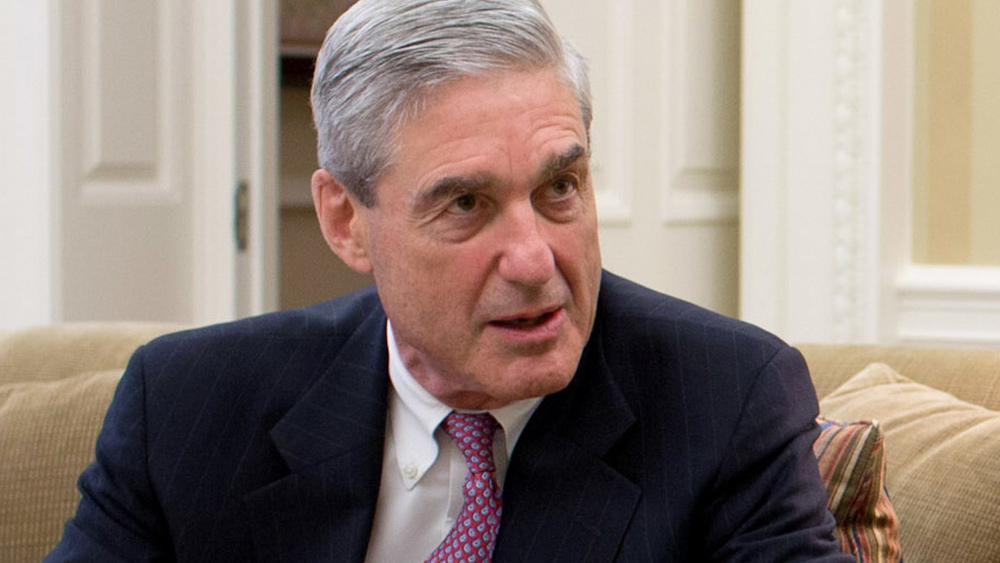Mark Kelly a communist Chinese sellout? Beijing’s “lucrative” business relationships with US personalities threaten national security
10/01/2020 / By Ramon Tomey
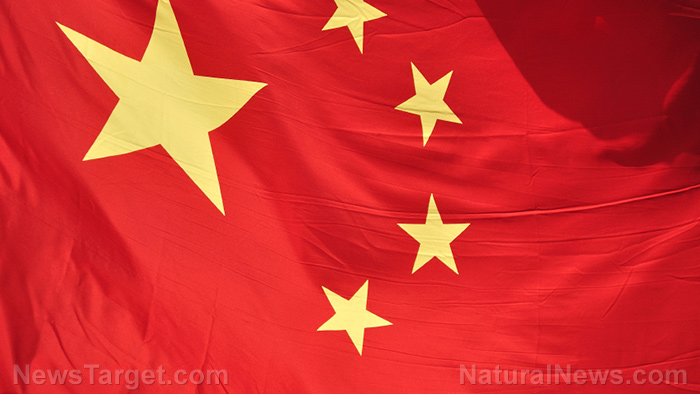
Former astronaut and now Democratic Senate candidate Mark Kelly first attended the annual Young Leaders Forum in 2003 at the invitation of the Chinese government, who shouldered all expenses. The five-day event was co-hosted by the Chinese People’s Institute of Foreign Affairs, an institute directly under the Chinese Communist Party (CCP).
During the retreat, held at a luxury hotel with scenic views of the Chinese countryside, Kelly delivered an hour-long speech about his experience as an astronaut and mingled with party bigwigs. These included future Chinese ambassador to the U.S., Cui Tiankai; former director for economy, Fang Xinghai; and former person-in-charge for foreign propaganda, Zhou Mingwei.
At the close of the 2003 retreat, Kelly returned to the U.S. with profitable Chinese business contracts and a future spouse in tow: former Arizona Rep. Gabby Giffords, who participated in a panel discussion with Chinese politicians during the forum. The former astronaut attended succeeding iterations of the Young Leaders Forum in 2004 and 2005, and he even took a banner advertising the event into space in 2006. Kelly dubbed the experience as “one of the absolute highlights” in his life — next to flying in space.
Beijing is bribing U.S. politicians through gainful contracts to advance interests
Kelly’s business relationships with Chinese government officials and businessmen, stemming from the 2003 forum, have recently been thrust into the spotlight – as the former astronaut is now running for a senatorial seat under the Democratic Party.
Aerospace company World View Enterprise, which Kelly co-founded and still had investments in at the time, received funding from Tencent, the Chinese company behind messaging app WeChat. Kelly also served as an adviser for the Colorado-based aviation company Boom Technology, which partnered with Chinese enterprise Trip.com Group Limited.
WeChat drew flak for spying on its users and censoring anti-government posts on the platform, while Trip.com was named as a key player in China’s Belt and Road Initiative – described by the U.S. government as a “security threat.”
Republicans have used these links to China as ammunition, launching advertisements accusing him of Chinese dependency. On the other hand, the former astronaut’s campaign has focused on deflecting these concerns and pointing out dangers from “stuff you can’t see,” referring to covert cyber-warfare strategies.
The former astronaut is running against incumbent Sen. Martha McSally, the first female fighter pilot to fly in combat. He is currently ahead of McSally in the polls by 5.5 points.
“You scratch my back; I scratch yours”
Part of Kelly’s agenda during the 2003 Young Leaders Forum was fostering business ties with high-profile CCP officials. According to China analyst Gordon Chang, these party connections are “absolutely essential” for striking business deals. “The [Chinese] Communist Party tries to control everything, whether it’s a state enterprise or a private company. And so it’s extremely important to have Communist Party contacts,” he said.
Even though Communist Party contacts are necessary to do business in China, venture capitalists in the country are not concerned with pursuing profits; rather, they invest to obtain useful technologies. Heritage Foundation senior research fellow and China expert Dean Cheng explained: “The Chinese have this wonderful luxury: ‘If we think this is a technology useful to us, we will fund it, then we will suck it up, and it really doesn’t have to make money.’”
Cheng added that Chinese companies “do what they’re told” to appease the CCP while making some degree of return for their investment. In return for funding and ease of doing business, Chinese enterprises must give something to the central government to further its interests — whether its data harvested from customers or technologies provided by foreign business partners.
This idea of “you scratch my back; I scratch yours” also extends into scientific research. In exchange for substantial funding, the Chinese government requires research data from foreign academicians — as in the case of professor Charles Lieber, the former head of Harvard University’s chemistry department.
A grand jury indicted Lieber in June after he failed to disclose ties with the Wuhan Institute of Technology under China’s Thousand Talents program while concurrently receiving funding from the Department of Defense and National Institutes of Health.
Under the Thousand Talents program, Lieber received a $50,000 salary every month on top of a $158,000 stipend for living expenses for up to three years. However, scientists who receive federal funding must disclose their collaborations with, and funding received from, other countries. The professor, who specialized in nanochemistry, concealed this fact from authorities — which subsequently led to his indictment.
The Chinese government’s plan to obtain scientific research through ties with Lieber may have failed, but it has found a new source: Chinese companies’ partnerships with American enterprises connected to Kelly.
Find out more news about China’s attempts to undermine U.S. national security through its ties with private companies at NationalSecurity.news.
Sources include:
Tagged Under: American national security, bribery, business deals, business partnerships, business transactions, CCP, China, Chinese Communist Party, communism, corruption, espionage, Mark Kelly, national security, sellout, tencent, traitors, treason, wechat, Young Leaders Forum
RECENT NEWS & ARTICLES
COPYRIGHT © 2018 DECEPTION.NEWS
All content posted on this site is protected under Free Speech. Deception.news is not responsible for content written by contributing authors. The information on this site is provided for educational and entertainment purposes only. It is not intended as a substitute for professional advice of any kind. Deception.news assumes no responsibility for the use or misuse of this material. All trademarks, registered trademarks and service marks mentioned on this site are the property of their respective owners.



